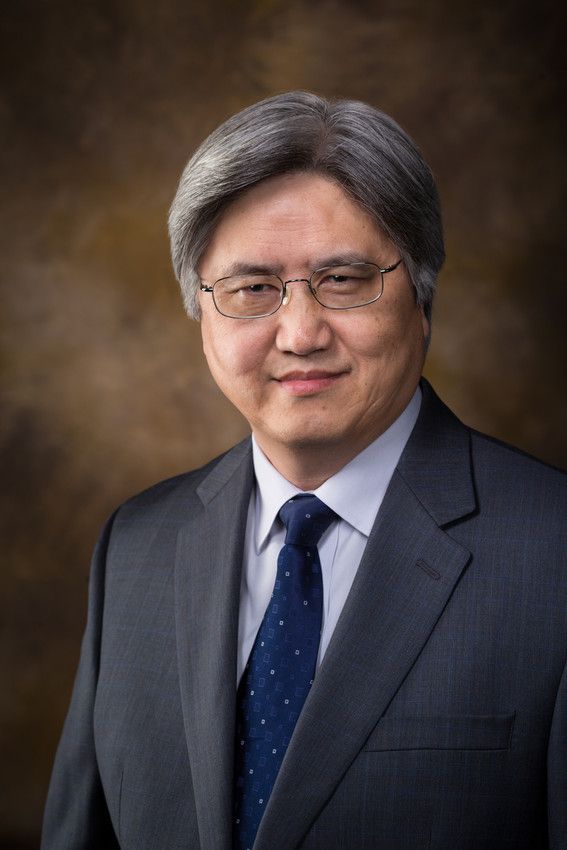Food-borne diseases cost over $70 billion and cause more than 600 million cases of illness and thousands of deaths worldwide per year. University of Arkansas researchers are working with the Walmart Food Safety Collaboration Center, as well as Chinese universities and poultry companies, to improve the safety of poultry products in that country. The project is funded by a $2.3 million grant from the Walmart Foundation.
Yanbin Li, the primary investigator, is a professor of biological and agricultural engineering in the College of Engineering and the University of Arkansas System Division of Agriculture. He explained that the project has two main focuses: biosensing technology to more rapidly and easily detect pathogenic bacteria and antibiotic residues in the poultry supply chain and dynamic risk-assessment models integrated with supply chain management to help the industry and regulators make better decisions for ensuring food safety. The project encompasses the entire poultry supply chain, from the farms where chickens are raised all the way to the kitchens in which meals are prepared.
"The scope of the project became larger and larger," Li said. He realized that improving food safety across the supply chain would require researchers from several different disciplines. Li is working with researchers from the Supply Chain Management Research Center in the Sam M. Walton College of Business; the Reliasoft Risk, Reliability and Maintenance Lab in the College of Engineering; and the Center of Excellence for Poultry Science. The project also involves researchers from three Chinese universities and one Chinese research institute. In addition, three Chinese poultry companies are providing samples and feedback for the project.
Li explained that food safety is uniquely challenging in China because farms and processors of many different sizes supply poultry, and this kind of system is more difficult to monitor and control. Currently, in order to test poultry products for harmful amounts of bacteria or antibiotics, limited samples are sent to an analytical lab, which is time consuming and expensive. Having in-field test methods applied to farms, processing plants and markets mean more samples can be tested at low cost and data can be quickly collected to monitor the whole supply chain.
However, Li also explained that rapid screening of contaminants in poultry is not enough if the industry and regulators don't have plans to address issues. That is why risk assessment models are an important component of the project. The researchers are working on computational models that can take into account the way bacteria spread and reproduce, as well as considering how much bacteria populations will grow under different conditions. The risk assessment models will address the entire poultry supply chain, from the conditions on the farm, including water, feed and fertilizer, through the slaughter and processing of the meat, to transportation, storage, marketing and preparation. Li explained that this broad and systematic approach could only be achieved through collaboration among many different disciplines.
In addition to addressing the problem of food-borne illness, the project will also examine antibiotic residue in poultry products. Antibiotic use on Chinese poultry farms varies and causes antibiotic residues in products. Li hopes this project will help the industry and regulators decide how to effectively limit antibiotic use to prevent antibiotic resistance problems.
The impact of this project extends beyond China. "It will affect not only the poultry supply chain in China, but also other countries, especially in Asia. These kinds of things are global, because our food supply chain is global," Li said. "I am so glad we have people at the University of Arkansas with the expertise who can work together and carry out the tasks in this project. And the companies in China really wanted to join this project and learn something, to prepare for the future."
Topics
Contacts
Camilla Shumaker, director of communications
College of Engineering
479-575-5697,
